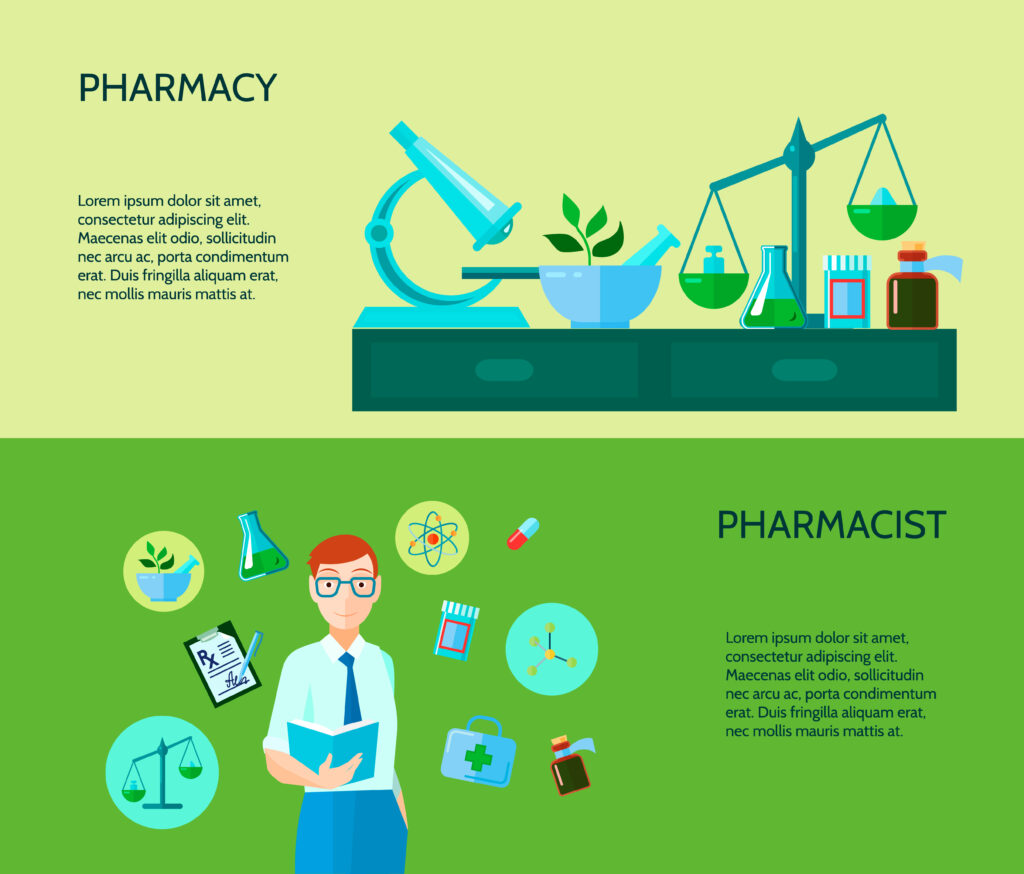Introduction: The Expanding Frontier of Pharma and Life Sciences
The pharmaceutical and life sciences industry is undergoing a transformation that’s not only revolutionizing healthcare but also redefining what a modern career can look like. From AI-assisted drug discovery to genome editing and personalized medicine, innovation is driving a wave of job creation, diversification, and long-term career growth.
As global health challenges become more complex and technology becomes deeply integrated into healthcare solutions, the need for skilled professionals across scientific, technological, regulatory, and operational domains has never been greater. The pandemic was a global wake-up call that pushed pharma and biotech to the frontlines. But the momentum didn’t stop with vaccine development—it’s evolving into something broader: a multi-disciplinary ecosystem that welcomes talent from biology, engineering, data science, law, ethics, and business management.
This article explores how the pharma and life sciences fields are extending career scopes beyond traditional laboratory roles and becoming dynamic arenas for professionals across multiple disciplines. Whether you’re a recent graduate, mid-career specialist, or looking to switch industries, the opportunities here are vast and evolving fast.

Beyond the Lab: New Career Avenues in a Data-Driven Era
Traditionally, careers in pharma and life sciences were heavily focused on research, development, and manufacturing. While these remain core pillars, the industry’s digital transformation is rapidly diversifying career opportunities. Today, data science and bioinformatics are critical in speeding up drug discovery, identifying biomarkers, and managing clinical trial data.
For instance, pharmaceutical companies now employ AI specialists, machine learning engineers, and data visualization experts to optimize everything from patient recruitment to pharmacovigilance. Companies like Moderna and Pfizer use AI algorithms to model protein structures, while biotech startups are developing AI-powered platforms to simulate disease progression.
The rise of precision medicine and genomics has also unlocked roles in genetic counseling, molecular diagnostics, and computational biology. These roles require cross-functional expertise in life sciences and informatics—signaling a shift towards hybrid skills.
Moreover, digital health platforms and mobile diagnostics are blurring the lines between tech and healthcare. This means that UI/UX designers, cybersecurity experts, and mobile developers are now becoming part of healthcare innovation teams, working alongside molecular biologists and clinical researchers.
In short, if you’re technically inclined but not from a pure life sciences background, the door is still wide open—perhaps wider than ever before.

Global Demand and Specialized Fields: Career Growth on an International Scale
The global scope of the pharma and life sciences industry translates to a wide-reaching and resilient career landscape. According to industry projections, the global pharmaceuticals market is expected to reach $1.7 trillion by 2027, driven by innovation, aging populations, and expanded access to healthcare in emerging economies.
With this growth comes a diverse array of specializations that go beyond benchwork. Consider the following high-demand niches:
- Regulatory Affairs: As countries tighten compliance, professionals who understand international regulations (FDA, EMA, WHO) are vital.
- Clinical Research: From designing clinical trials to managing site operations and data, clinical research is a growth area with global mobility potential.
- Pharmacovigilance and Drug Safety: Monitoring adverse effects and ensuring post-market surveillance is critical for patient safety and regulatory compliance.
- Quality Assurance (QA) and Quality Control (QC): Manufacturing scale-ups require professionals to manage and certify product safety.
- Medical Affairs: Acting as liaisons between R&D and marketing, these roles require medical knowledge paired with communication skills.
- Biomanufacturing and Process Development: Especially relevant in biologics, vaccines, and gene therapy.
Many multinational pharmaceutical firms operate across continents, allowing professionals to work in international teams, relocate for global roles, or consult on cross-border regulatory frameworks. This global demand ensures that life science professionals enjoy a level of career stability that few other sectors can match.
Lifelong Learning and Career Mobility: How Pharma Rewards Adaptability

One of the most attractive aspects of the pharma and life sciences sectors is their support for lifelong learning and internal mobility. Because innovation is constant, employees are often encouraged to upskill through certifications, on-the-job training, and academic partnerships.
Many pharmaceutical companies collaborate with universities and training platforms to offer specialized certifications in clinical operations, regulatory affairs, pharmacogenomics, and digital therapeutics. This creates clear pathways for career advancement without needing to change industries—or even employers.
Mid-career professionals, particularly from industries like IT, finance, or logistics, are also finding a second wind in pharma through transferable skills. For example:
- Project managers are being hired to manage clinical trials.
- IT specialists are joining digital health startups.
- Finance experts are working on pricing strategy and global market access.
- Engineers are applying their skills in automation to bioprocessing systems.
The pharma sector’s diversity allows professionals to pivot within the industry, move into adjacent roles, or even transition from technical to strategic positions (e.g., moving from lab research to policy consulting or business development).
Companies recognize that career agility is a key retention factor, and the industry’s structured frameworks allow individuals to grow vertically or laterally based on interest and emerging needs.
Conclusion: A Future-Proof Industry with Limitless Potential
The pharmaceutical and life sciences industry has outgrown its image as a niche for scientists in white coats. Today, it’s a multidisciplinary powerhouse with room for technologists, communicators, analysts, engineers, legal advisors, and marketers. Its expansion is being fueled by global health priorities, regulatory evolution, demographic shifts, and an insatiable appetite for innovation.
Whether you’re passionate about solving medical mysteries, fascinated by human genetics, driven by data, or eager to make a global impact, this industry offers the chance to work on meaningful projects with real-world impact. Moreover, with ongoing advances in AI, gene editing, mRNA therapeutics, and personalized medicine, the possibilities for career growth are not only expanding—they’re accelerating.
In an uncertain job market, pharma and life sciences stand out as resilient, inclusive, and future-ready. It’s not just about what you study anymore—it’s about what you can contribute to a rapidly evolving mission: improving lives through science and innovation.






